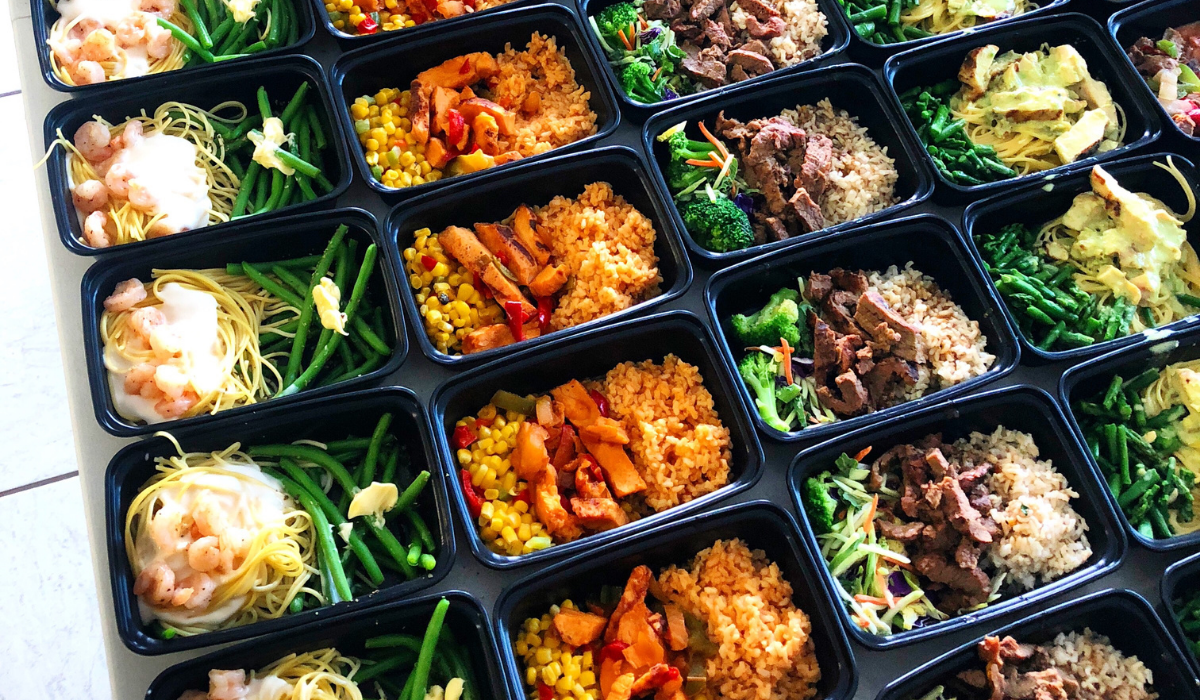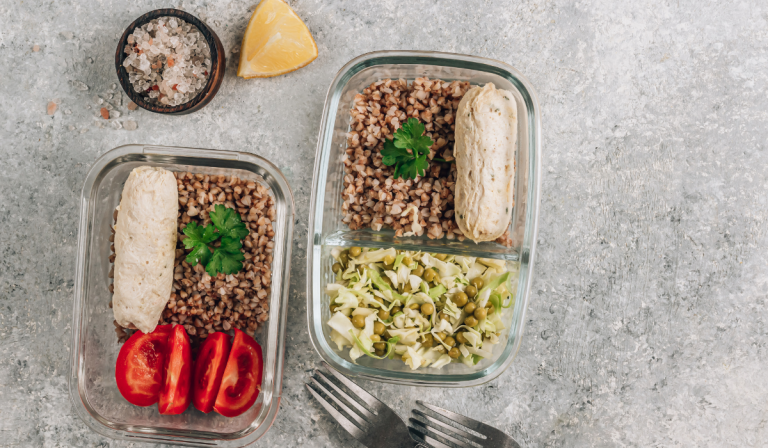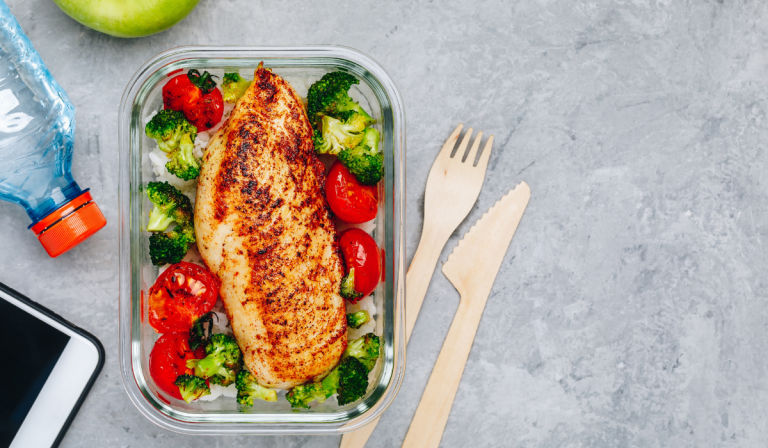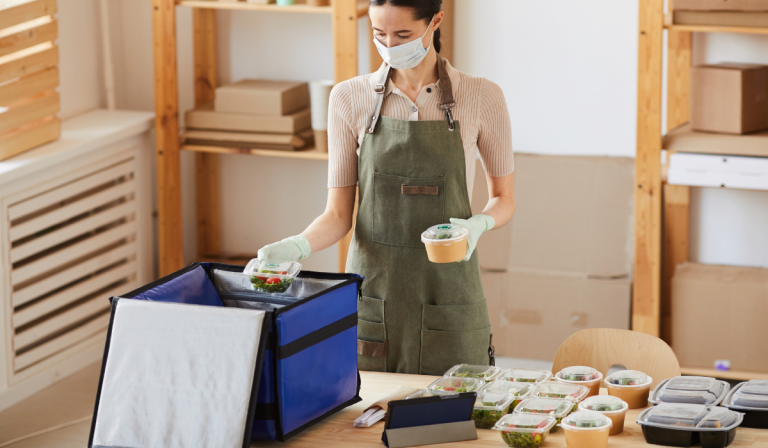How to Meal Prep Without Food Going Bad (9 Secrets to Know)
It often feels like when we meal prep, we are just waiting for certain foods to go bad. This problem can make us feel discouraged, prep less, and fall into bad habits, like eating out or needless spending.
For those who want to continue to meal prep without seeing a mossy layer of mold around our dinner, is there a way to meal prep without the food taking a turn for the worse?
There are several different methods you can take advantage of to avoid “chicken a la mold.” There are more than a few misconceptions about meal prep, the foremost being that you do it once at the beginning of the week and eat the same meal for seven days straight.
In this article, we will look at a few trusted secrets to ensure that your food stays fresh and delicious without any additional spending on your part!
9 Secrets to Know
1. Don’t Meal Prep Your Whole Week in One Sitting
On top of this being an exhausting ordeal on your part that is easier when split into a couple of days, it also is just unbelievably unhealthy for you.
The USDA recommends you keep food refrigerated for no more than four days, otherwise, you face the risk of foodborne illness.
To be blunt, expired food is disgusting and not appetizing in the slightest, and you deserve quite a bit more than slimy poultry for half of the week.
Now, if you don’t have the time needed during the week to prep two different days, the alternative is freezing the food you are going to eat later in the week.
While this certainly is handy and eliminates the chance of you catching a brutal bout of salmonella, it just isn’t going to taste as good as the first couple of days’ worth of food.
So if you are willing to give up a bit in the taste department, you can save some time by freezing your servings.
Another option is not cooking half your week’s meals until the middle of the week, so instead of cooking all of it at once, you only take out half at any given time.
If you are going to use something time-sensitive like chicken or other meat, freeze half and thaw it the night before you plan to cook the rest.

2. You Are Purchasing Too Many Groceries
There should be a support group for folks like us. You go into your local grocery store, and before you know it, you have more vegetables than you could probably name and enough meat to convince people you’re a butcher.
If this sounds familiar, then likely one of your most significant issues is that you need to cut down on your weekly groceries.
A helpful tip I have learned to utilize is writing down all the ingredients for the recipes I plan to make that week and only purchasing what is on my list.
It can also be prudent to look for simpler recipes that don’t require as much time, as you are less likely to put them off, preventing spoiled foods. This will cause fewer moldy containers in your refrigerator and drastically lower grocery expenses at the end of the month.
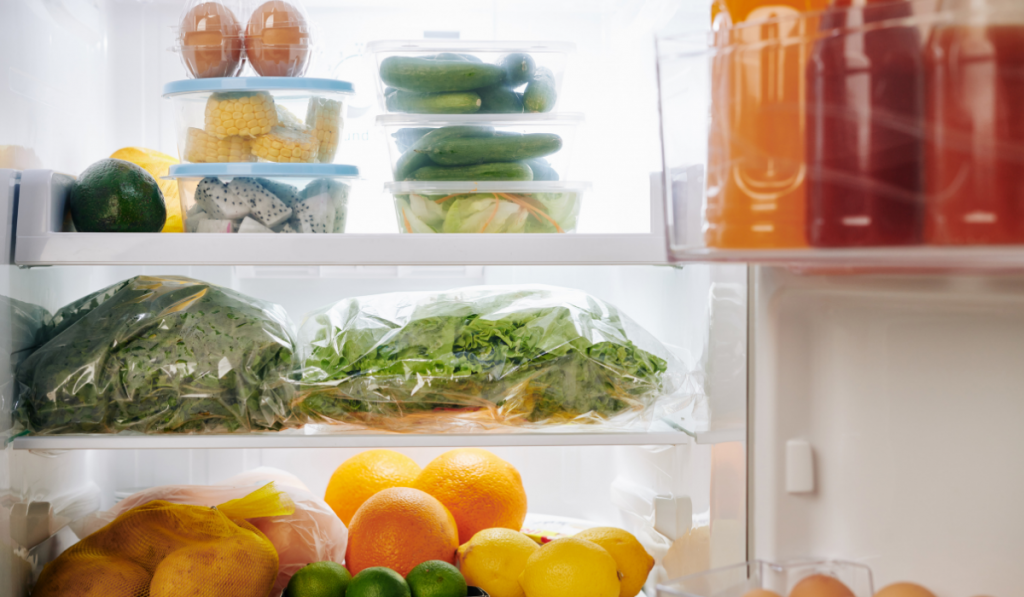
3. You Are Storing Cooked Food Too Quickly
The way you store your foods can have a massive impact on how long they stay fresh in the fridge.
Not only does it help to portion them out into smaller containers, which most food preppers do anyway, but it also matters how and when you store them.
If you put steaming vegetables in a plastic container, all that extra moisture will create an environment where bacteria can grow like a weed in spring.
To make this problem a distant memory, I recommend allowing your food to cool off a bit before you store it. This doesn’t mean leaving out meat for several hours to collect a plethora of curious bacteria.
Instead, give it anywhere from 20 to 30 minutes to cool off, and then feel free to place the food in an airtight container, which will allow the food to stay fresh a bit longer.
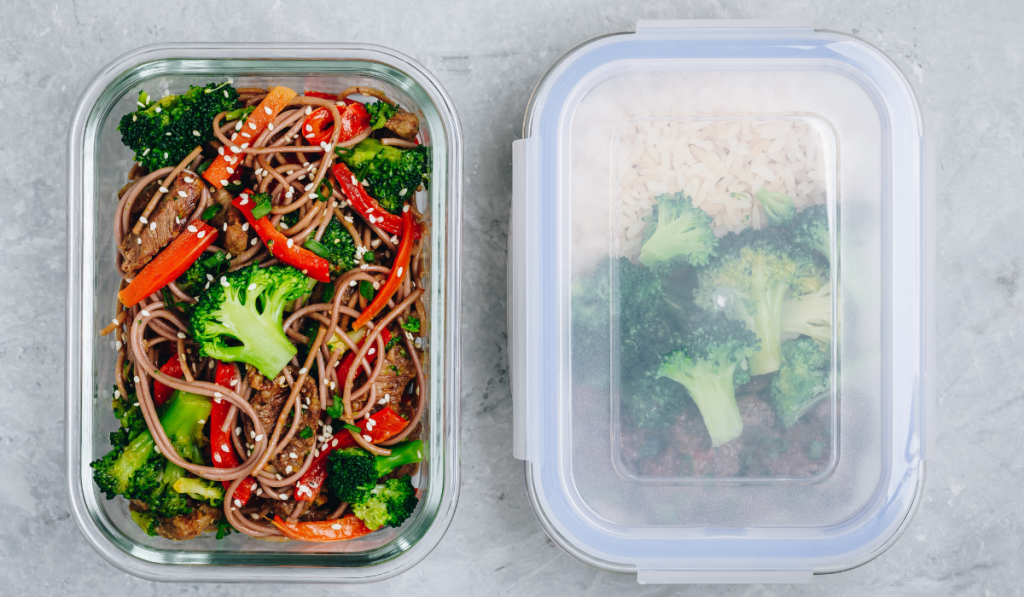
4. Airtight Containers
Speaking of airtight containers, they are invaluable for keeping your food fresh.
Not only will a container that isn’t airtight allow bacteria to make a home in your Tuesday dinner, but it will also leave foul smells in your fridge that will only grow more nauseating with time.
Instead, shoot for glass, plastic, or Tupperware containers with an airtight top that will prevent you from getting a foodborne pathogen.
5. Separate the Ingredients From the Meal
When you are prepping your meal, you can keep the food fresher longer by leaving the various ingredients out of the main dish until the day you plan to eat it.
This will make the food taste better when you reheat it, but it will make sure that certain food items with a limited shelf-life won’t ruin the rest of your prepped food.
To give you an example, think of any sauce mixed with chicken. Over time, the sauce will go bad but not nearly as quickly as the chicken will.
Keeping the chicken and the sauce separated will preserve the integrity of the chicken and allow the sauce to be used in other foods instead of having to be thrown out with the expired chicken.
This is also true for things like vegetables, starches, and especially meats.

6. Look for Items With a Long Shelf Life
I think when we assume food is healthy, we also believe it must be fresh. You can get away with many frozen foods that are not only cheaper but last for months longer.
Choose frozen fruits and vegetables that allow reasonable prices for out-of-season options. You can look for canned food as well, which is dirt cheap and can last for years.
This gives you the added benefit of not stopping at the store once a week if you don’t have time to do shopping that often.
The small convenience of not having to run to the store every Saturday gives you a bit more free time, which is essential for the busier folks, saving a few hours every week doing meal prep.
It should also be said that if you can cut out meat, you will notice most foods last a lot longer when you don’t have highly perishable beef, poultry, or pork to worry about.
7. Get a Quality Lunchbox
If you are driving an hour or more to work every day, you may want to look for a well-made lunchbox that will keep your food at a safe temperature of sub-40 degrees.
This is especially true if you are in a warmer climate or contending with the hotter months. That unwanted heat will have your lunch convincing you the prepped portions have gone bad.
To avoid this, look for lunchboxes that specialize in maintaining temperature throughout the day. I have seen some fairly quality options for as low as $25, and you may even be able to find some lower than that.
If you are going to invest the time to prepare your food, then you owe it to yourself to make sure it stays good no matter what your daily commute entails.
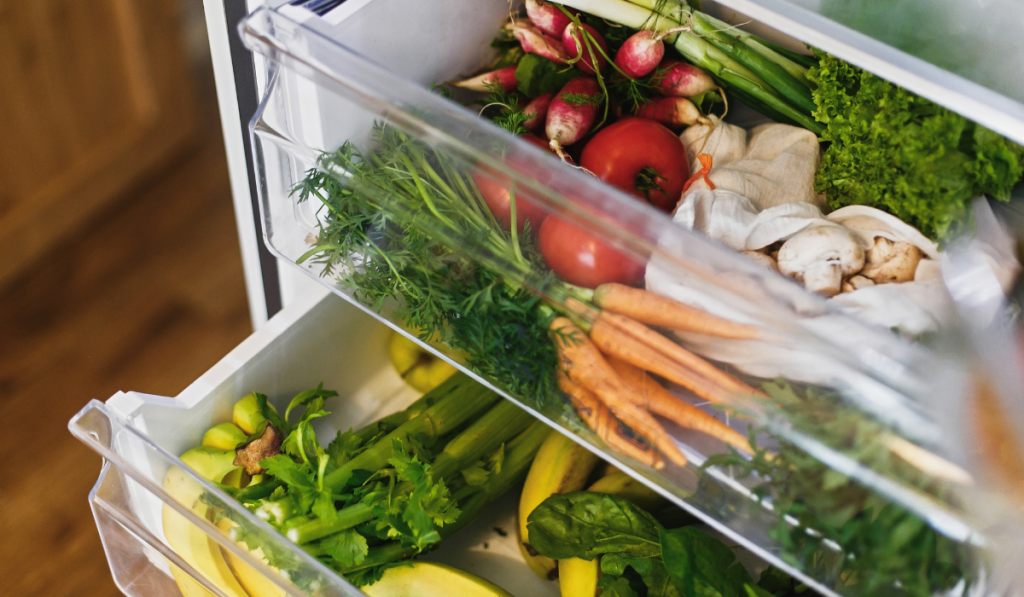
8. Don’t Stuff Your Fridge
If you suffer from the affliction of hoarding months of food in your fridge without throwing anything out, then you are probably ruining the fresh foods.
By crowding the portions of food and preventing the cold air to flow freely through the inside of your fridge, you are allowing food to grow warm and potentially stale.
Not only should you space out your food and make sure that your fridge has plenty of room for ventilation, but you should also check the temperature that your fridge is set to.
If the temperature isn’t above 40 degrees, you are golden. If it is above 40 degrees, you should lower the temperature to prevent bacteria from getting into your food.
The temperature danger zone (40°F – 140°F) is what you should truly worry about when it comes to the more sensitive items in your fridge. If you can keep them under 40 degrees, in an airtight container, and properly organized, you never have to worry about your fridge being the issue.

9. Stop Forgetting About Meals
This is more for those brand new to prepping rather than the more seasoned veterans.
When something is new, it is easy to forget about it. So when your coworker invites you out for drinks and dinner after work, you can very easily lose track of the fact that you have a perfectly good supper at home.
To combat this, it can be helpful to leave reminders on your phone or even let friends and associates know that you are meal prepping, so they can support you on your new journey!
You can also write down the days and meals in each container you prep to better organize your meals for each day and keep a consistent schedule.
Conclusion
Life is hectic enough for most folks nowadays. We have jobs that often require us to spend more time with coworkers than our own family.
Without thinking of social commitments and personal obligations, we are simply far too busy to have to worry about whether the salmon we prepped at home is rancid or not.
So give these few secrets a chance, and you will soon be able to enjoy fresh, delicious meals every day!
